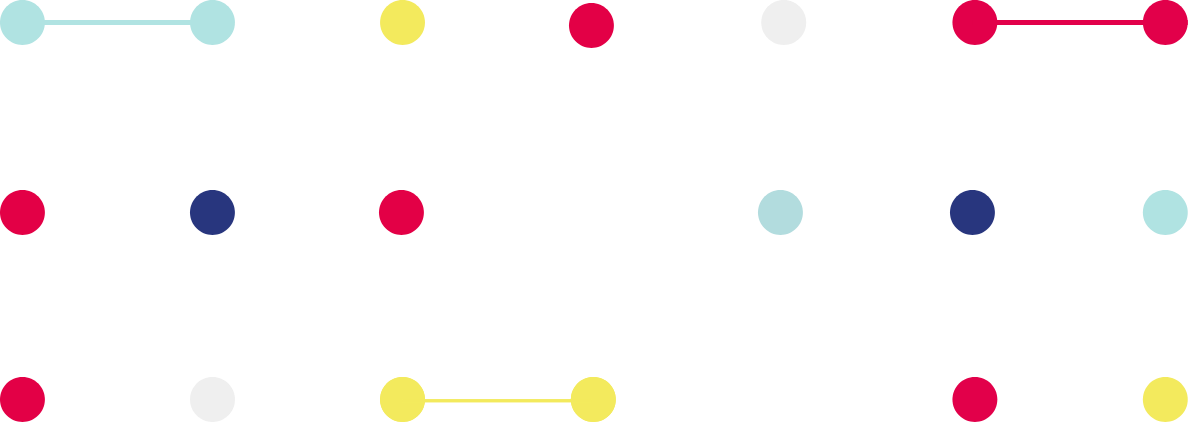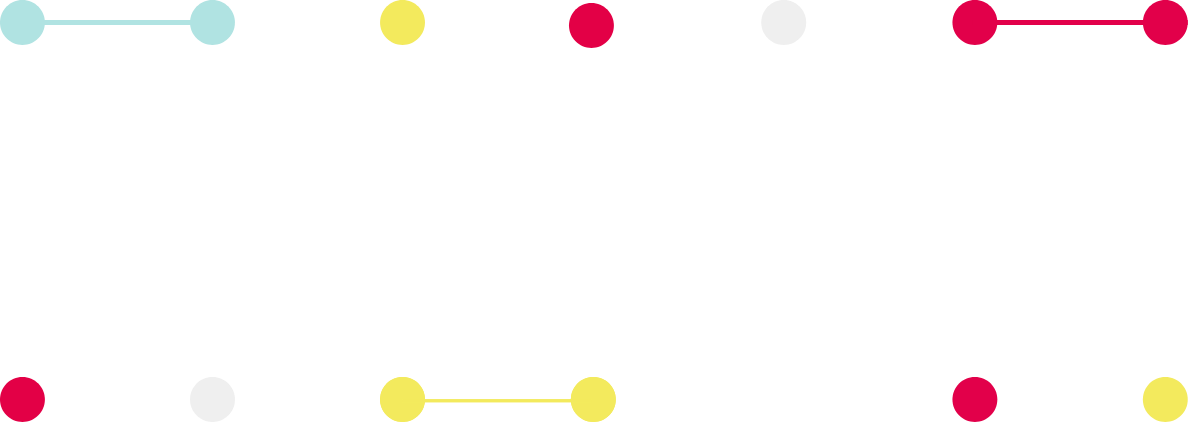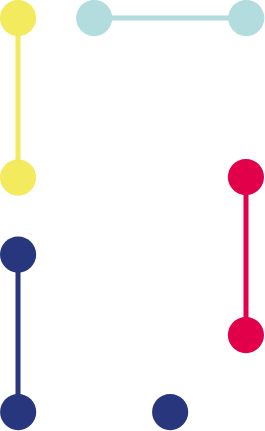So what’s next for the AI revolution?
Piers Linney
‘AI’ has been a hot topic this year. The growth of this industry as well as the impact it has had within multiple markets, and consequently on many aspects of our lives is indisputable. The AI Revolution, which is part of the wider Fourth Industrial Revolution, which encompasses AI, genomics, quantum computing and blockchain, has been likened to previous Industrial Revolutions – and rightly so. Artificial intelligence has the potential to totally transform the way we live and work, from how we interact with each other to the transportation of goods.
No two revolutions are the same
While the AI Revolution may be akin to industrialisation – these two revolutions are not the same. The AI Revolution is of course still playing out, and we’ll only really see its true influence decades after the fact.
Austrian economist, Joseph Schumpeter, theorised that long-waves of economic activity works in 50-60 year cycles, in an “innovation wave”. According to Shumpeter, a healthy economy is consistently interrupted by technological innovation, as evidenced by the Industrial Revolution in the 18th and 19th centuries. This Revolution was not a bubble or a blip on the radar, but rather a genuine economic shift that was implemented by advancements in technology that had lasting effects on people’s lives.
What we’re witnessing in AI not only has the capacity to make significant changes to our lives, but will in no doubt be different. However, only time will tell exactly how different.
Changing the way we work
There has been a lot of fear around AI and how it will “take all of our jobs” – but I don’t believe this to be the case. In today’s AI-augmented era, one cannot merely operate in isolation. The collaboration between people and AI is instrumental in achieving optimal results. New technologies don’t always mean the demise of others or the eradication of jobs. While some reports show that AI could replace 300 million full-time jobs, AI can also create new jobs (that don’t currently exist) for these people.
Technology should make our lives easier and AI can and should augment and optimise how we work. If we maintain this emphasis on augmentation not replacement, AI won’t mean the end of humanity as we know it. AI will make the workforce more efficient and produce a better quality of work. One such company focused on the augmentation of how people work is Robin AI. This legaltech uses Generative AI to support and make the legal sector more accessible and affordable. It’s common knowledge that accessing legal services is an expensive and arduous endeavour – but Robin AI is actively working to resolve this issue by providing free tools such as the Legal Dictionary, which enables anyone to get high quality, common legal clauses for their commercial agreements. Moreover, Robin AI automates lawyers’ repetitive and tedious tasks, meaning that their time can be better spent elsewhere. With Robin AI the process of drafting, reviewing and querying of contracts has been dramatically simplified and sped up.
Nory, like Robin AI, is a co-pilot but for the hospitality industry instead. It’s an AI-powered operating system that helps venues reduce food waste, improve productivity and efficiency, and increase profitability. By centralising core operational functions, Nory helps with a team’s daily workflow, enabling them to work better. Not only can it speed up administrative tasks and payroll, Nory provides product suggestions (based on seasonality and demand) on what ingredients should be ordered and when.
Then there are businesses like Mind Foundry, which develops AI solutions that help organisations in the public and private sector tackle high-stakes problems both for individuals and at a wider scale. Mind Foundry also permits these businesses to acknowledge any ethical and long-term societal impact, performance, and return on investment of the technologies they are implementing. Such consideration is crucial, especially when ‘ethical AI’ is a huge concern for people and governments alike. That’s why it’s great to see the rise of companies such as Apolitical – a collaborative learning platform for public/civil servants – which can provide the platform for cross border solutions to understanding and legislating AI. Consultancies like Implement AI acts as a business partner that helps companies transition to understanding and using AI to their benefit. This sharing of expertise makes accepting technological changes less daunting, and will consequently make businesses more competitive and agile.
Changing the way we live
The paradigm shift as a result of AI is not limited to work and its capabilities there. From providing new recipes based on ingredients in the fridge to creating an amusing image of a cat on a unicycle playing the trumpet underwater – AI is reaching into our everyday lives. While aspects of AI are lighthearted, it’s not all fun and games. There are real world implications of this technology, some that we’ve seen and some that don’t exist yet (because this particular manifestation of AI doesn’t yet either).
“With great power comes great responsibility” used by many, but immortalised in ‘Spider Man’, is a true statement nonetheless. AI can do lots for us, which means it can do lots of harm too, if it’s not created with a duty of care towards society or the data on which it is built has underlying issues. Whether this responsibility lies with governments and institutions or the tech providers is up for debate – perhaps the answer is both – but regardless, such powerful technology cannot be allowed to run rampant. The chairman of the Senate Intelligence Committee has already warned that AI could be “manipulated to affect the 2024 U.S. elections and financial markets” and deepfake scams are on the rise. These only scratch the surface of the potentially harmful consequences of AI, and while their threat is far from trivial, AI’s ability to change our lives – whether for better or worse – shows its revolutionary potential.
What does the future hold for AI and us?
As I’ve said before: time will tell. The total impact of AI can only really be measured when the revolution is “over”. For now, this epoch is only just beginning and we’re only seeing the initial waves of a revolution. Yet, those waves have already been mighty. This rapidly advancing technology has since changed the way many people work and live, and has had governments and supranational institutions racing to legislate and regulate in line with developments in AI. Fear, uncertainty and doubt around any new technology is natural and we are currently sitting on the sceptical and anxious part of the cycle. There will soon be a time where we have fully embraced AI. As such, one thing’s for certain – this is not the last we’ve heard of AI. So be prepared for it to become a part of your everyday vocabulary. The pivotal question isn’t about whether one should employ AI, but rather, where one shouldn’t.

If you’re interested in enriching your entrepreneurial experience and finding a strong community of entrepreneurs, investors and business leaders then contact our membership team at Home Grown.


